Frequently Asked Questions
-
The following information and key documents are helpful to gather before your estate planning meeting:
1. Personal & Family Information
Full legal names, birthdates, and contact information for you and your spouse/partner
Names and birthdates of children and other beneficiaries
Marital status and any prior marriages (including divorce or spousal support obligations)
2. Financial & Asset Information
Real estate: Property deeds, mortgage information, and home equity details
Bank accounts: Checking, savings, CDs, and other accounts (include institution names and account types)
Investments: Stocks, bonds, mutual funds, and brokerage accounts
Retirement accounts: 401(k), IRA, pension plans, or other retirement savings
Life insurance policies: Policy details, beneficiaries, and coverage amounts
Business interests: Ownership documents, partnership agreements, and succession plans
Personal property of significant value: Vehicles, jewelry, art, or collectibles
3. Existing Estate Planning Documents (if applicable)
Current will or trust documents
Powers of attorney (financial and healthcare)
Living will or advance healthcare directive
Prenuptial or postnuptial agreements
Any previous gift or inheritance documents
4. Decision-Making Preferences
Who will serve as the executor of your will?
Who will act as your power of attorney for finances and healthcare?
Guardianship preferences for minor children
Beneficiary designations and any specific bequests
Charitable giving intentions (if applicable)
5. Questions & Concerns
Do you want to avoid probate?
Are you concerned about estate taxes?
How do you want healthcare decisions to be handled if you become incapacitated?
Do you have special considerations, such as a blended family, a child with special needs, or a business?
-
Revocable trusts are an important estate planning tool but are not necessary in all situations. A good estate planning attorney will consider a variety of factors, including the type of assets, your family information, and potential tax consequences, and will then offer you the pros and cons of various options before making a recommendation.
-
The typical estate planning process at Prust Legal consists of an initial meeting where we’ll discuss your individual details and the different estate planning options. We’ll then have a follow-up meeting to review and sign your documents. Our goal is to schedule the follow-up meeting about four weeks after your initial consultation to allow time for us to prepare drafts of the documents and to give you time to review those drafts.
